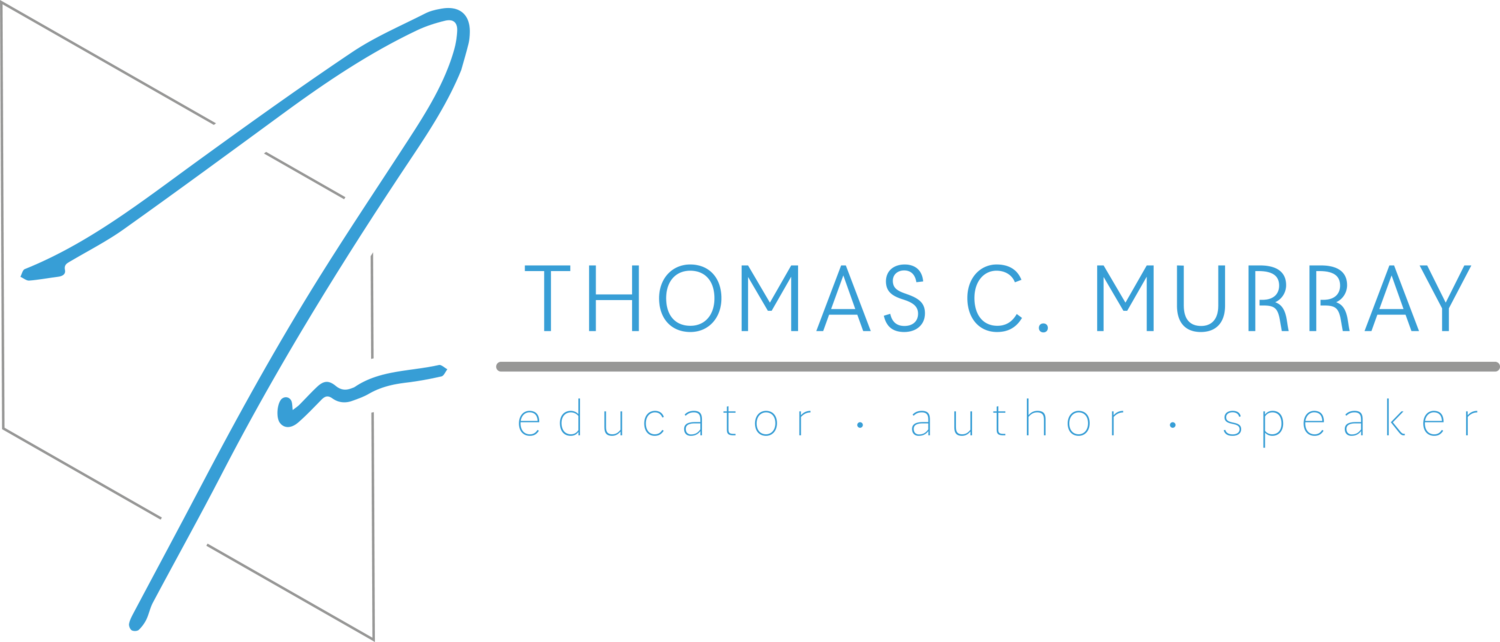Changing the Way We Think About Technology in the Classroom #EdWriteNow
This past July, after four straight weeks of travel, I'll admit, I was tired. A few months earlier, I had been asked to join a team of ten authors on a project to benefit an amazing cause, The Will to Live Foundation; an organization founded to support teen suicide prevention. I signed on to the opportunity and agreed to donate my time and write a chapter; all of which would be completed in 2.5 days over a weekend in July. I figured it'd be a great way to give back and connect with some good friends at the same time. But, after four straight weeks of travel and no end to flights in sight, I'll admit, when the weekend came, I wasn't feeling creative or ready to write. Having just released my new ASCD book, Learning Transformed, a few weeks prior, I was honestly feeling tapped out.
As always happens, when voices of friends fill the room and smiles from friends you haven't seen in a while are in sight, the energy began to flow. After a brief kickoff by the project coordinators, Jeff Zoul and Joe Mazza, we began by watching this video from The Will to Live Foundation. In the video, John Trautwein, the foundation's founder, shares his heart with so many and honors the life of his son, who had taken his own life some time before. I'm not ashamed to say that tears flowed as I watched this father talk about and remember his son. As a dad, I couldn't fathom the pain he had been through, yet I was drawn to his courage to help others and reach those who felt as if they couldn't go on. My travel exhaustion was gone, and in the few minutes of hearing John speak, I was motivated to support such an amazing, and sadly needed, cause. It was a complete honor to be able to do so. I was ready to run.
So, what's #EdWriteNow?
Over the past few weeks, readers have been able to catch a glimpse of our new upcoming book, which is scheduled to come out in early 2018. First, Jeff Zoul addressed changing the way we think about change by looking at how and why we need to make changes with today's changing times. Next, Tony Sinanis wrote about changing the way we see learning, a vital conversation. Third, Kayla Delzer, followed up with ideas about changing the way we think about relationships in school. Last week, and in previewing the fourth chapter of our book, Starr Sackstein, dove into changing the way we think about assessment. So, now it's my turn. In the chapter I had the opportunity to write, I discuss changing the way we think about technology in the classroom. With this post, I'll share a brief glimpse from the text...
As we wrestle with the various aspects of such classroom use, we must tackle, head-on, some of the latest trends. With all that is known from the research regarding the effective use, it’s important to alter the conversation from the latest tool, app, website, or trend, to a laser-like focus on instructional practice.
Today’s educator conversations are often littered with commentary about how so and so “went paperless,” how someone has everything digital in a particular online platform, or how they use a particular suite of software for all aspects of daily instruction. Although not inherently bad, these conversations often focus on tools and not high levels of instructional pedagogy. Something like “going paperless” in and of itself indicates nothing about student growth and learning. A paperless environment can be highly interactive and filled with authentic learning experiences, or extremely low level, and exacerbate the ineffective digital drill and kill methodology.
When technology is leveraged to create a more teacher-centric environment, or increase the amount of time on low-level tasks, student learning opportunities suffer. To reflect, what kind of devices do you have in your school or classroom? Are the devices being utilized as a digital worksheet storage hub or a pathway to unleash student genius?
We're excited to share our final work with you in just a few months! However, we're more excited to be able to donate all royalties to The Will to Live Foundation, an incredibly worthy cause.
Next week, make sure to check out the post from my good friend, and founder of the new MakerDads work, Joe Mazza. In his chapter, Joe writes about the vital need to address mental health. You'll be able to check that out on Joe's blog next week.
Cody - my chapter is for you.
All for the kids we serve,
Tom


